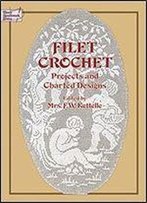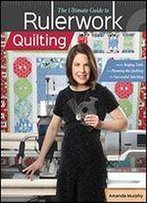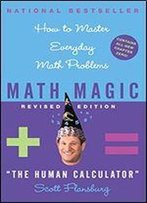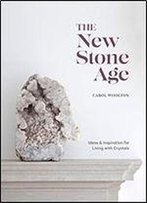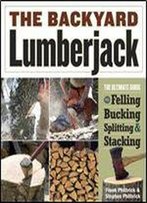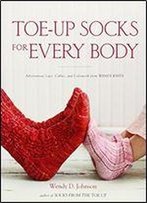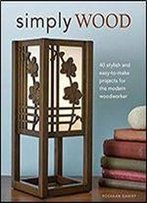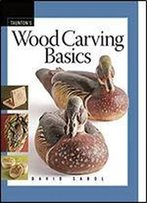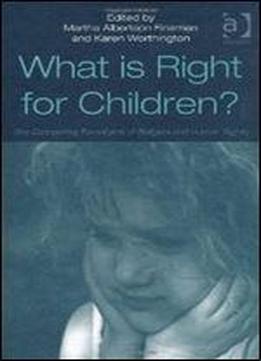
What Is Right For Children?: The Competing Paradigms Of Religion And Human Rights
by Karen Worthington /
2009 / English / PDF
4 MB Download
Combining feminist legal theory with international human rights concepts, this book examines the presence, participation and treatment of children in a variety of contexts. Specifically, through comparing legal developments in the US with legal developments in countries where the views that children are separate from their families and potentially in need of state protection are more widely accepted. The authors address the role of religion in shaping attitudes about parental rights in the US, with particular emphasis upon the fundamentalist belief in natural lines of familial authority. Such beliefs have provoked powerful resistance in the US to human rights approaches that view the child as an independent rights holder and the state as obligated to proved services and protections that are distinctly child-centred. Calling for a rebalancing of relationships within the US family, to become more consistent with emerging human rights norms, this collection contains both theoretical debates about and practical approaches to granting positive rights to childrenThis book examines the state of 'rights-talk' about children in the U.S. and compares it with developments in other countries where, it is argued, the idea that children should have rights is more widely accepted and more vigorously implemented.
The collection rigorously explores the presence, participation, and treatment of children in many contexts of U.S. society. Using international human rights norms as a touchstone, it examines the balancing of relationships within the family balancing relationships of family within society and evolving norms of authority, discipline, and protection. Some of the chapters set forth the theoretical and practical debates about granting positive rights to children. Those rights will not only be shields against state misuses of power, but also constitute entitlements to basic social goods for children as a special and vulnerable class of citizens uniquely situated within the modern state.
Other chapters argue that children are entitled to state protection against parental excesses and abuse of authority, as well as protection against unnecessary state intervention. In addition, by addressing religious images of the parent child relationships, the book highlights how fundamentalist religious beliefs invoking natural lines of authority within the family are in competition with a human rights paradigm, which views the child as separate to the extent that he/she may command specific child-centered policy. In its use of feminist legal theory this book provides a fresh and cogent look at these issues.

